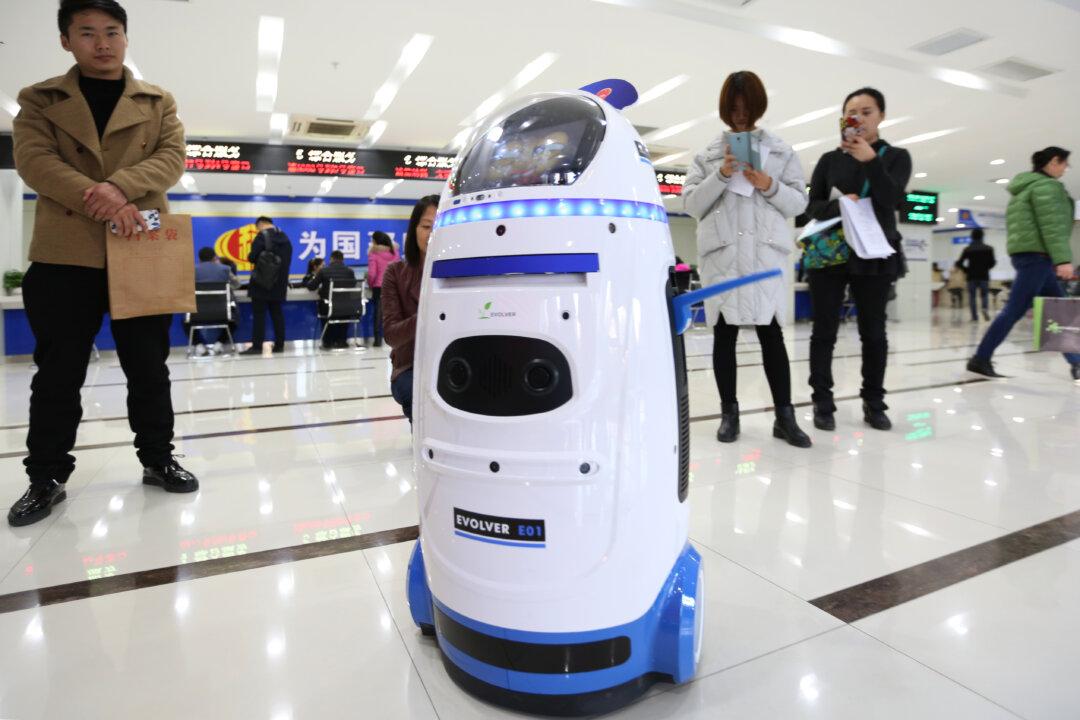Commentary
Chinese authorities have started collecting backdated taxes from local companies who still have outstanding payments from the past few decades. This had led to large fines, with some companies being forced to stop production.

Chinese authorities have started collecting backdated taxes from local companies who still have outstanding payments from the past few decades. This had led to large fines, with some companies being forced to stop production.